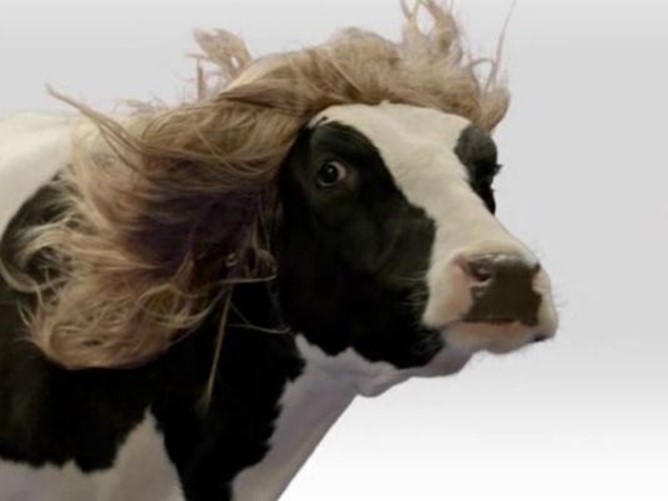An App To Figure Out How Many Cows Your Future Wife Is Worth
February 2, 2015 in Daily Bulletin

Franz Wild wrote about an app developed in South Africa to identify a potential mate’s “Lobola” –the gift that a man’s family offers a woman’s family in exchange for the woman’s hand in marriage, traditionally paid in cattle:
- The app takes into account the woman’s age, height, weight, waist, attractiveness, education, career, and marital history.
- It then calculates the number of cows that should be offered and can go onto convert that amount into dollars, pounds, and euros.
- The app has found that women in Lesotho and Swaziland have the highest average Lobola values with the typical woman being worth 12 cows.
- The lowest average value is in South Africa’s Northern Cape province with the typical woman being worth 5 cows.
- The app is meant to be playful, but some have suggested that it needs to take other factors into account such as cooking skills and alcohol intake.
Read about the developer who created the app, the exchange rate of cows to rand, and more over here.
Source: Bloomberg
I know this is intended to be light-hearted but this app is the use of technology to perpetuate objectification and commodification of women. A woman in Lesotho is worth 12 cows, and a woman in Northern Cape is only worth 5? How about they’re human beings who don’t need pricing like they’re a new car or an investment product?
It was something we hesitated about, especially for something developed in South Africa, a country that has in the past been called “The Rape Capital of the World” [1]
We ultimately decided to run with the story, however, because our mission is to see some of the odd, quirky sides of economics. It’s fascinating to think that the value of a life partner can somehow be calculated, and in cows at that – however awful the implication of that really is.
[1]: http://www.washingtonpost.com/blogs/worldviews/wp/2013/03/05/south-africa-once-called-the-worlds-rape-capital-is-running-out-of-rape-kits/
I had this exact conversation with a friend of mine, and eventually concluded that, while likely intended as a joke, and perhaps offensive to some, it was a fascinating look at the ‘quirkier side of economice’-and therefore a win for Centives! Keep it up!